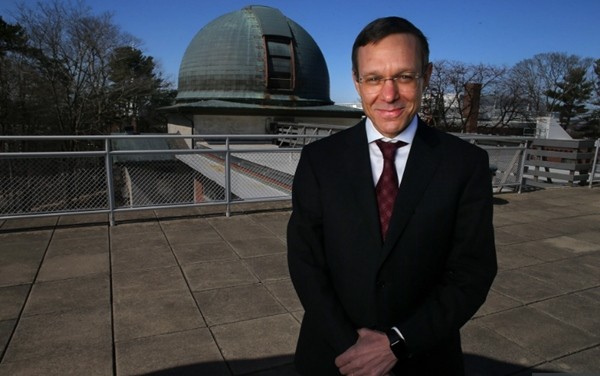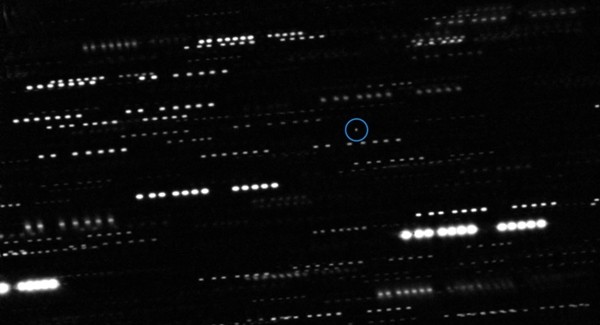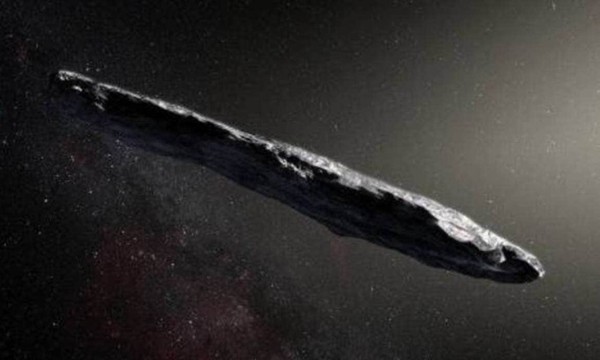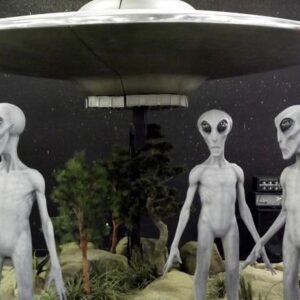A professor at Harvard University (USA) shocked everyone when he announced that there was evidence of “technology from other planets” appearing in the Solar System in 2017, just not much. only people who know.
Professor and physicist Avi Loeb of Harvard University (USA) has confirmed that a strangely shaped object that entered our Solar System a few years ago is a sign of extraterrestrial civilization.

This cosmic object – named Oumuamua – was first observed through the Pan-STARRS telescope at Haleakala Observatory (Hawaii) on September 6, 2017. Researchers found that it entered from the direction of Vega – a star in the constellation Lyra, about 25 light-years away.
Just 3 days later, Oumuamua began accelerating toward the Sun, before it came very close to Earth on October 7 and then flew into the dark night of space.
In fact, some scientists have suggested that Oumuamua — believed to be the first “interplanetary” object seen in the Solar System — may just be a comet. However, Professor Loeb – head of Harvard University’s Department of Astronomy – objected to that inference. He believes that people think like that because they only think in the same way about familiar things.

“What would happen if a prehistoric man saw a cell phone?” – Loeb told the New York Post – “All his life, he has only seen rocks, so he will think that phone is just a beautiful rock.”
According to Loeb, there are two major details that show that Oumuamua is not a comet, but an object from an alien civilization.
First is its size. Oumuamua’s length is 5-10 times greater than its width, meaning it looks like a cigarette, but natural objects in the universe do not have that shape.
Second, and more important, is the way it moves. Because normally, the Sun’s gravitational force will cause an object to naturally move faster when approaching, then eventually cause it to fly slower when moving away. But this did not happen with Oumuamua. Oumuamua accelerates as it flies away from the Sun.

Professor Loeb’s assertion will probably still cause a lot of controversy in the astronomy world, but nonetheless, the belief that we are not alone in this universe is still a very attractive concept for even scientists. research and ordinary people.





